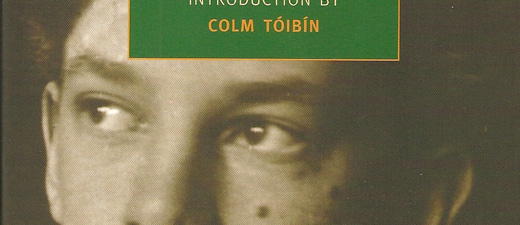
¶ Advising his son against disparaging women in general, the Earl of Chesterfield goes on to discourage generalizations generally.
All general reflections, upon nations and societies, are the trite, thread-bare jokes of those who set up for wit without having any, and so have recourse to commonplace. Judge of individuals from your own knowledge of them, and not from their sex, profession, or denomination.
Amen!
¶ In Moby-Dick, one of the scenes that I remember from the Classics Illustrated edition: Queequeg makes his mark when he signs on to the Pequod. I remember thinking that it must be pretty easy to forge. More interesting at the moment is Ishmael’s defense of Queequeg’s religion, when Peleg and Bildad balk at signing on a cannibal.
Finding myself thus hard pushed, I replied, “I mean, sir, the same ancient Catholic Church to which you and I, and Captain Peleg there, and Queequeg here, and all of us, and every mother’s son and soul of us belong; the great and everlasting First Congretation of this whole worshipping world; we all belong to that; only some of us cherish some queer crotchets noways touching the grand belief; in that we join hands.”
I don’t think that Melville was being optimistic about the universality of faith. People simply did not not believe; atheism was for crackpots. It’s a lost world.
¶ In Don Quixote, the famous encounter with the flocks of sheep, within whose dust-clouds our hero makes out Alifanfarón, PentapolÃn, and other figures from his “lying books.”
¶ In Squillions, a spate of amusing letters by Noël Coward — what a refreshing change. Here he is in Havana, enjoying a mid-run break from the Broadway production of Private Lives:
It feels funny having a holiday in the middle like this, and very enjoyable. My Spanish came in very useful in Havana, I was surprised to find out how much I knew. It really is a beautiful place. Heavenly drives in the country through Sugar Cane and Banana plantations and masses of every conceivable type of flower.
We dined out in restaurants outside the town, with trees hung with lights and Spanish orchestras playing very softly. The Oliviers are in Nassau and are meeting us tomorrow. I am sorry to see Arnold Bennett is dead.
¶ A N Wilson addresses the change in the status of women after World War I, discussing Lady Astor, Marie Stopes, eugenics and contraception, and Radclyffe Hall. It is a pleasant chapter, very much in favor of “the belief that the world might be a better place if men and women regarded one another* a little more tenderly.”
* See my “Exercice du style,” 16 August. I am aware that my recommendation contradicts an earlier preference, and I recognize that there might once have been a compelling semantic underpinning to Wilson’s usage. But I stick, somewhat obstinately no doubt, with my prescription.












